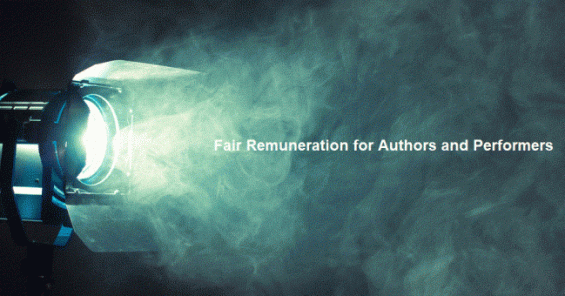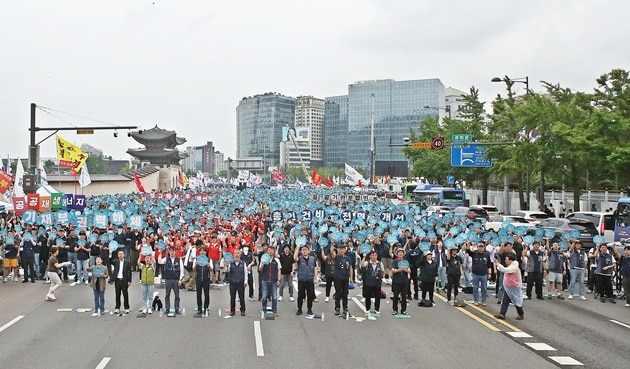Ahead of this week’s trilogue meeting on the proposed Directive on copyright in the Digital Single Market, UNI Europa Regional Secretary Oliver Röthig impressed on decision makers to adopt the proposed Directive on copyright in the Digital Single Market without any further delay.
In an open letter to the European Parliament, the Council of the EU and the European Commission, Röthig expressed UNI Europa’s support for the call for action of its affiliated media, entertainment unions, who are campaigning for a real change in EU legislation to strengthen the position of authors and performers.
Discussions on the directive have often focused on the “value gap” and article 13. However, the real value gap for media and entertainment workers is the one between them and their employers.
Chapter III of the Directive on fair remuneration in contracts for authors and performers, Articles -14, 14, 15 and 16 are the provisions that matter most for the rights and livelihoods of authors, co-authors and performers.
UNI Europa urges the negotiators to adopt a compromise text on article -14, introducing the pivotal elements of proportionate remuneration and collective bargaining.
Röthig said: “Without adopting a meaningful art -14, the EU will have failed creators. It is high time for the EU to ensure that authors and performers receive fair and proportionate remuneration for the exploitation of their works.”
Capital and business in the cultural and creative industries have long enjoyed a dominant position over authors and performers, who are grossly underpaid for their work and can barely sustain a decent living as freelancers or employees. The overall regulatory environment supporting the cultural and creative industries does not adequately protect them, as the weakest party, it mostly supports the industry.
UNI Europa further calls on the EU institutions to adopt the compromise text on Articles 14-16, as already agreed during the trilogue of 13 December 2018. This compromise will provide the right to authors and performers to transparency of comprehensive and accurate information regarding the exploitation of their works and performances. It recognises the right to collective representation of authors and performers in contractual adjustment and dispute resolution, which is a prerequisite for these rights to materialise.
The letter concludes with rejecting the call from some industry players to abandon the directive. Röthig stressed, “Their demand to abandon the Directive is not a constructive solution”.
The text negotiated compromise, which the unions support, accommodates many demands of employers for flexibility in the implementation, respect of freedom of contract, the protection of commercial sensitive information and limitation of administrative burden.
The compromise reached on art.14-16 is balanced and reasonable. It promotes social dialogue on fair remuneration. A fair compromise on art -14 is possible. The unions stand ready to engage with employers in a constructive dialogue on the implementation of the directive.
Unions are ready to embrace the modernisation of EU copyright rules to make them fit for the digital economy. The question is now: will the EU deliver on its promise to strengthen the position of authors and performers in a meaningful way?


